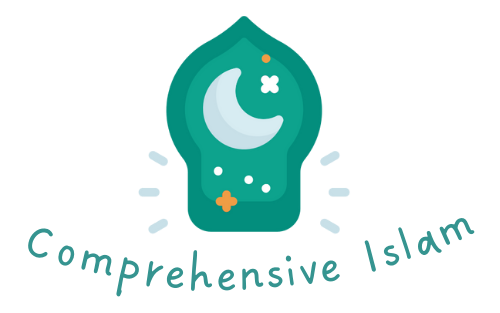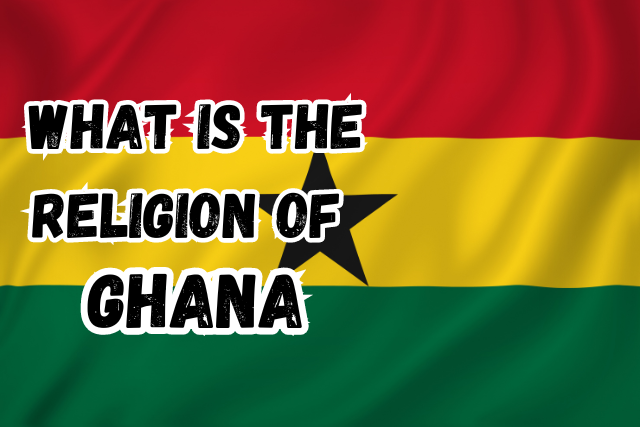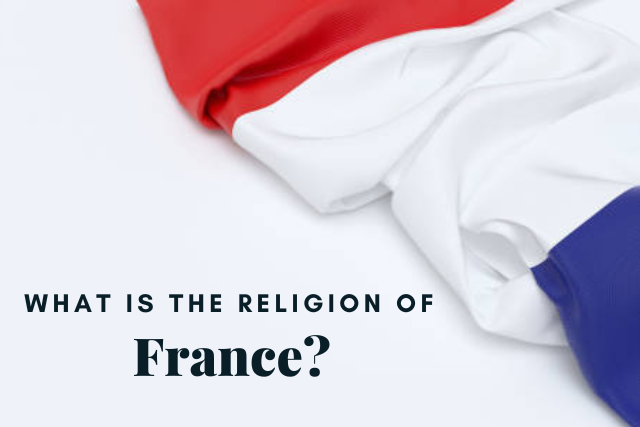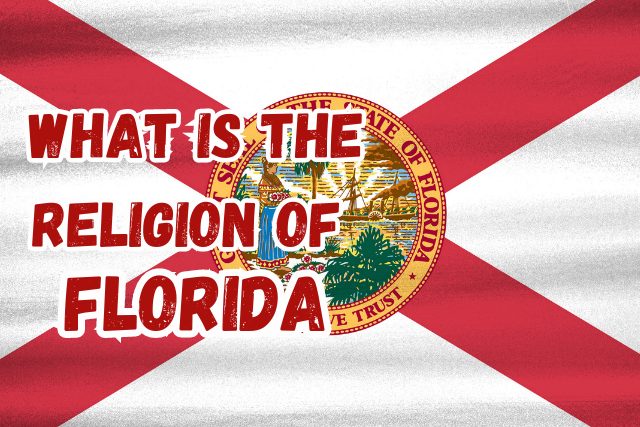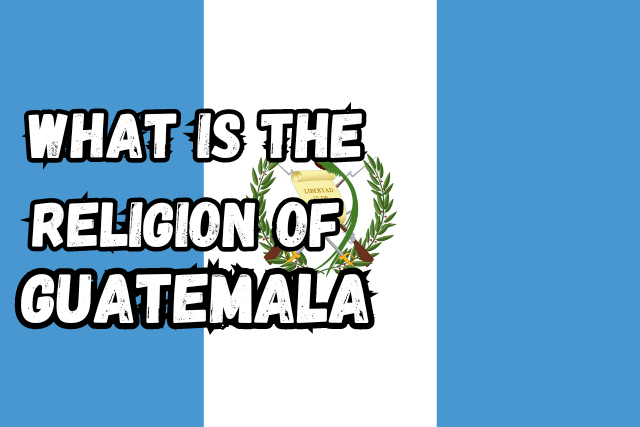What is the Religion of West Indies
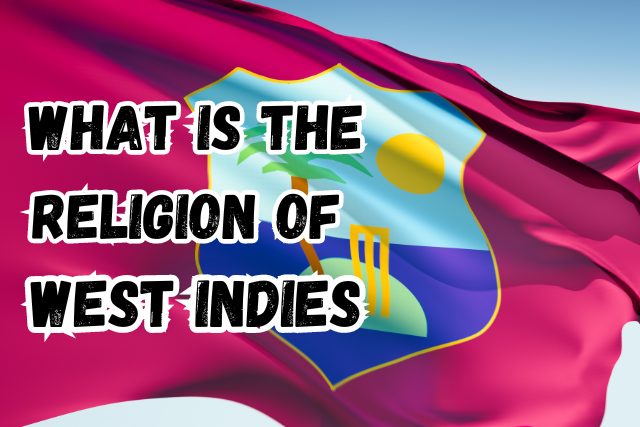
Explore the vibrant tapestry of religious beliefs that defines the West Indies. This captivating region, with its diverse mix of cultures and histories, presents a rich mosaic of faiths that shape the spiritual identity of its islands.
In addition to Christianity, the West Indies boasts a vibrant tapestry of Afro-Caribbean religions. Where traditions such as Vodou, Santería, and Obeah blend indigenous, African, and European elements. This syncretic dance of spirituality adds a distinctive and colorful dimension to the religious mosaic of the region.
Furthermore, pockets of Hindu and Islamic communities contribute to the multicultural richness that defines the West Indies. I’ll unravel the complex interplay of faiths that characterize the spiritual identity of the West Indies. Ready for an illuminating journey? Let’s delve into the diverse and fascinating world of the West Indies’ religions.
What is the Religion of West Indies | Main Religions
Christianity
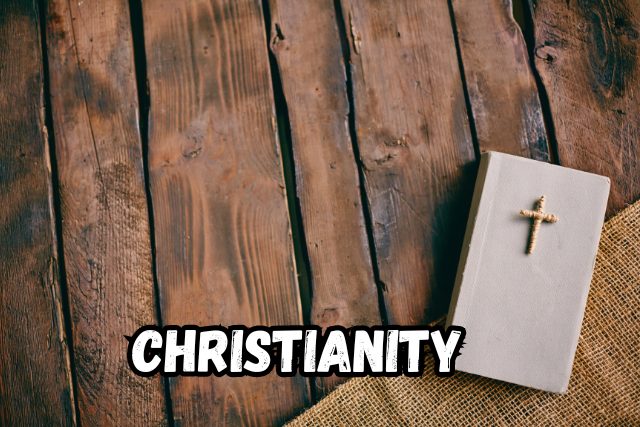
Christianity holds a significant presence in the religious landscape of the West Indies. Various denominations contribute to the region’s spiritual fabric. The roots of Christianity in the West Indies can be traced back to the era of European colonization, primarily by the Spanish, Dutch, English, and French. Churches play a significant role in the lives of many islanders.
Protestantism
Various Protestant denominations, including Anglicanism, Methodist, Baptist, and Pentecostal, have established a strong foothold in the West Indies. These denominations often reflect the influences of European colonizers who sought to spread their religious beliefs.
Catholicism
Catholicism, introduced by Spanish and French colonizers, has a notable presence in the West Indies. The Catholic Church has played a crucial role in shaping the religious and cultural identity of many Caribbean nations.
The influence of Christianity on West Indian culture is profound. Christian values permeate daily life, influencing social norms, family structures, and community practices. Religious festivals, such as Christmas and Easter, are celebrated with enthusiasm, blending spirituality with vibrant cultural expressions.
Afro-Caribbean Religions
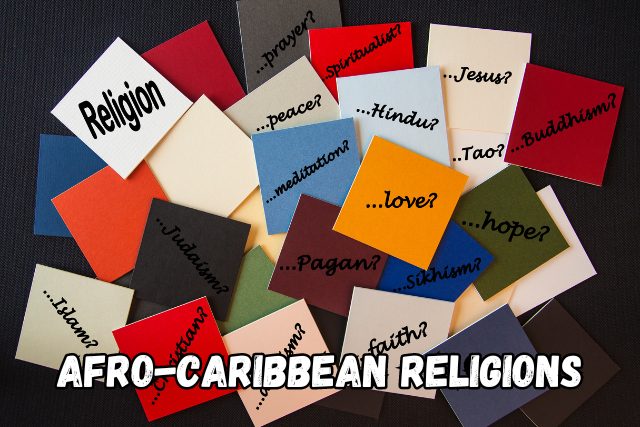
Beyond Christianity, the West Indies is home to vibrant Afro-Caribbean religions. They have thrived through centuries of cultural blending and adaptation. These indigenous belief systems carry the ancestral wisdom and spiritual practices of the African diaspora.
Vodou (Voodoo)
Vodou, originating from the enslaved African population in Haiti, has spread to various parts of the West Indies. It is a syncretic religion that blends elements of African spirituality with Catholicism. Vodou ceremonies involve rituals, dances, and offerings to honor ancestral spirits (loa).
Santeria
Santeria, with its roots in the Yoruba people of Nigeria, has found a home in Cuba and other Caribbean nations. It is a syncretic religion that merges Yoruba deities (orishas) with Catholic saints. Santeria practitioners engage in ceremonies, divination, and spiritual practices to connect with the divine.
Candomblé
While more prevalent in Brazil, Candomblé has also influenced the spiritual landscape of the West Indies. It is an Afro-Brazilian religion that reveres orixás (deities) and incorporates rhythmic music and dance in its ceremonies.
Afro-Caribbean religions have profoundly shaped the cultural expressions of the West Indies. Their influence is evident in art, music, dance, and festivals, creating a rich tapestry of cultural diversity. These religions provide a source of identity and resilience for communities that have endured the legacies of slavery and colonialism.
Hinduism
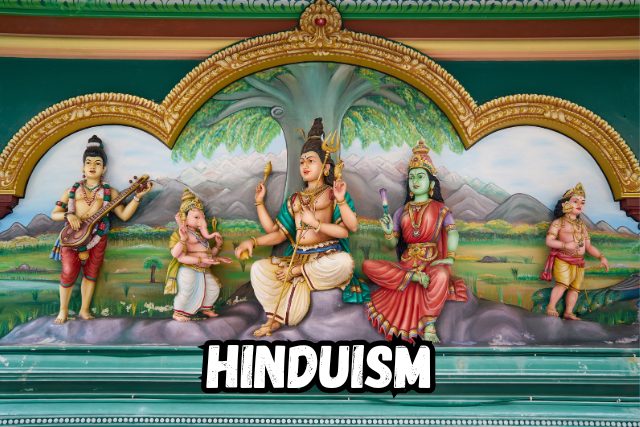
Hinduism, a minority religion in the West Indies, has a significant presence, primarily due to Indian immigration during the colonial era. The indentured laborers brought with them their religious practices, contributing to the diverse religious tapestry of the region.
Temples and Worship
Hindu communities in the West Indies have established temples where devotees gather for worship, prayer, and religious ceremonies. These temples serve as focal points for preserving Hindu traditions and fostering a sense of community.
Festivals and Celebrations
Hindu festivals, such as Diwali, Holi, and Navaratri, are celebrated with enthusiasm in the West Indies. These events showcase vibrant cultural displays, including traditional music, dance, and the lighting of lamps, creating a festive atmosphere.
Despite being a minority, Hinduism has integrated into the broader cultural fabric of the West Indies. Elements of Hindu culture, cuisine, and art have become part of the region’s diverse identity.
Islam
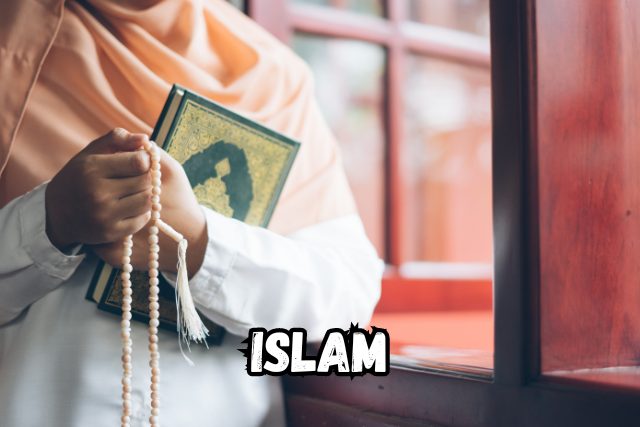
Islam, a significant minority religion in the West Indies, has a diverse and dynamic presence. The spread of Islam in the region is linked to various influences. They included the arrival of Muslim immigrants, the impact of global trade, and the engagement of local populations with the Islamic faith.
Moreover, the history of Islam in the West Indies can be traced back to the era of European colonization. When Muslim Africans were forcibly brought to the Caribbean through the transatlantic slave trade. Over time, Islam persisted among enslaved and free individuals, contributing to the formation of Muslim communities.
Mosques and Community Life
The West Indies is home to mosques that serve as centers for worship, community gatherings, and educational activities. Muslim communities actively engage in promoting Islamic values, fostering a sense of belonging, and contributing to the broader society.
Islam coexists with other religions in the West Indies, contributing to the region’s religious diversity. Interfaith dialogue and understanding play crucial roles in fostering harmony. However, like any religious community, Muslims face challenges related to integration, recognition, and the preservation of their religious identity.
Final Thoughts
In conclusion, the religious panorama of the West Indies mirrors its multicultural heritage. This region exemplifies the harmonious coexistence of various faiths, each contributing to the cultural mosaic that defines the West Indies. Cultural influences, historical roots, and contemporary dynamics shape this vibrant and multicultural part of the world’s religion. A unique, inclusive spiritual tapestry arose in the West Indies, as a result of religious diversity.
FAQs
Is there religious freedom in the West Indies?
Yes, the West Indies generally uphold religious freedom, allowing individuals to practice their faith without interference.
What is the dominant religion in the West Indies?
Christianity, including Catholicism and Protestantism, holds a dominant position in the religious landscape of the West Indies.
Are Afro-Caribbean religions still practiced today?
Yes, Afro-Caribbean religions such as Vodou, Santería, and Obeah continue to be practiced and play a significant role in the cultural life of the region.
How did Hinduism become present in the West Indies?
Hinduism arrived with the migration of indentured laborers from India in the 19th and early 20th centuries. This leaves a lasting impact on the religious diversity of the West Indies.
What is the history of Islam in the West Indies?
Islam has a growing presence in the West Indies, influenced by immigration from South Asia, the Middle East, and Africa.
